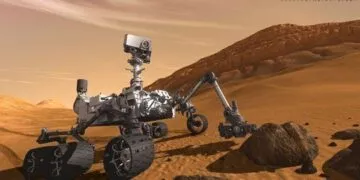With the rise in global temperatures, and the effects of climate change becoming more apparent, tensions are high. So what’s the plan B for humans if things don’t get better?
Can we simply pack our bags and abandon the planet we call home for a fresh start elsewhere?
The concept of leaving Earth and colonizing a new planet isn’t new. It’s a familiar movie trope, but maybe fiction is closer to reality than we think.
In the following sections, you’ll get answers to these questions as we figure out the possibility of humans ever living on other planets and what it would take for that to happen.
Why is life possible on Earth and not on other planets?
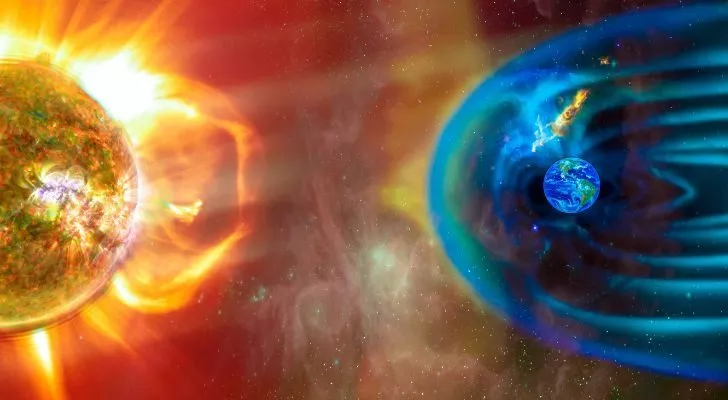
Earth lies in a region scientists call the Goldilocks zone. This means it’s at just the right distance from the Sun to have water in liquid form.
This is crucial because water was necessary to start life on Earth billions of years ago, and it ensures the survival of all known life forms, from the tiniest microorganisms to giant mammals.
Another benefit of Earth’s position from the Sun is that it’s just far enough that we don’t get scorched but close enough to get enough warmth.
Our planet’s atmosphere plays the critical role of capturing this warmth, ensuring that temperatures stay favorable for life to exist.
The earth’s powerful magnetic field also shields us from harmful solar radiation.
In essence, Earth is the perfect home because it has the necessary factors for life, including water, oxygen, and warmth, setting it apart from other planets in our Solar System.
Will humans ever live on another planet?
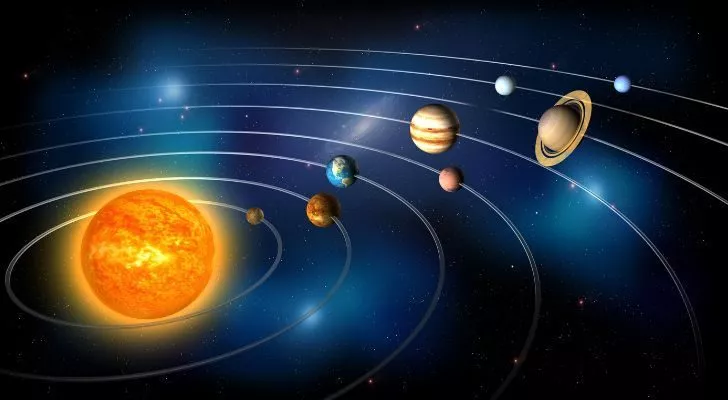
In order to answer this question, we need to begin by looking close to home. From Mercury to Neptune, there’s no place like Earth.
The conditions just aren’t favorable, making them uninhabitable for not just people but essentially all life as we know it.
Unfortunately, stepping out of our Solar System and observing the exoplanets doesn’t raise our odds of finding a new habitat outside Earth.
Scientists have yet to find a new planet with just the right environment for humans to thrive. But even if they do, getting there’s a new challenge.
According to Nobel prize-winning astrophysicist Michel Mayor, these exoplanets are simply too far away. Until technology conquers this great distance, it’s highly unlikely humans will find a new home planet soon.
Could there be another planet like Earth?
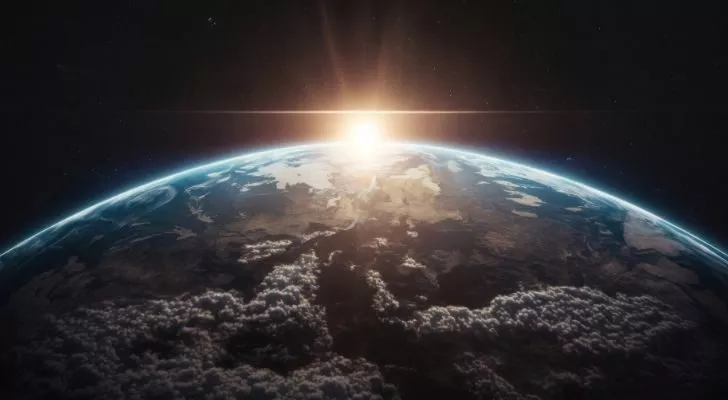
In the vast cosmos, almost all of which remains unexplored, who’s to say that there isn’t another planet teeming with its own life forms just like Earth?
While scientists try to answer this question, they’ve come across a few places that are pretty similar to Earth, such as Gliese 667 Cc, Kepler-69c, Trappist-1e, Proxima Centauri b, and Kepler-452b.
Of all these planets, the most similar to Earth is Kepler-452b, which earnt it the nickname Earth 2.0. It exists within its star’s habitable (Goldilocks) zone, and its year is 385 days long.
Still, scientists have yet to determine if this planet holds any living creatures. And even if we wanted to explore Kepler-452b, we can’t yet cover the distance.
It’s about 1,800 light years away, and in a high-speed spacecraft going at 36,661 miles/hour (59,000 kilometers/hour), the trip there would still take a staggering 30 million years.
Can humans survive on Mars?
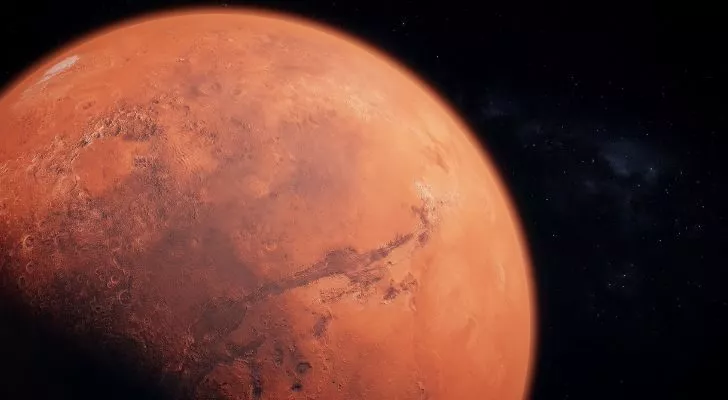
Humans can’t survive on Mars on their own. It’s much too cold, with temperatures getting as low as -243 degrees Fahrenheit (-153 degrees Celsius).
This is partly due to its thin atmosphere, which is unable to capture the Sun’s heat in the way Earth does.
That’s not all, though. The soil on Mars is toxic, and it has less gravity than Earth. Living there would also expose a person to dangerous radiation.
Another issue with moving to Mars is water. Due to the thin atmosphere, there’s no liquid water on its surface. There is water, but it’s mostly in the form of ice.
To survive on Mars, we must create a conducive environment using technology. An artificial human settlement equipped with complex systems to maintain pressure, like space suits, is necessary.
Earth is the perfect home for humans. All that we need to thrive, including water, oxygen, and warmth, are readily available, allowing our planet to support diverse life forms.
There’s no other planet within the Solar System with these features. So will we ever live on another planet?
Surviving on Mars will require intensive efforts and highly advanced technology, but we’ll likely set up some form of base there.
Will humanity ever pick up and move to another planet, though? The answer is no – at least not until we develop the technology to travel faster than light!


